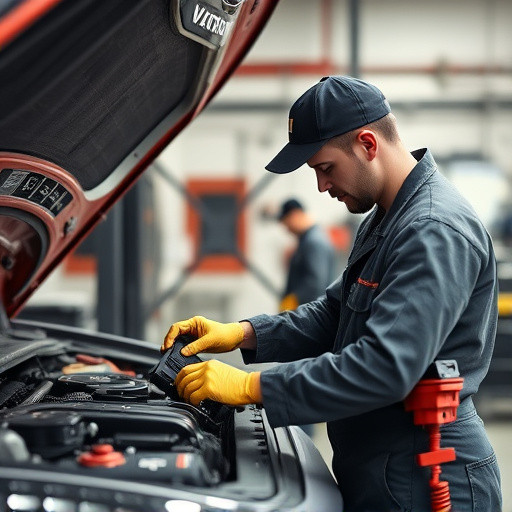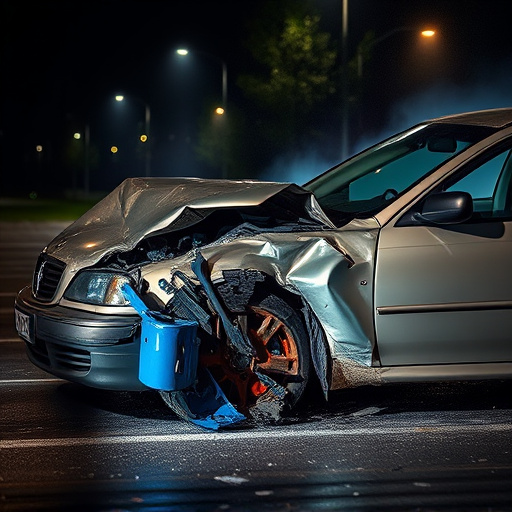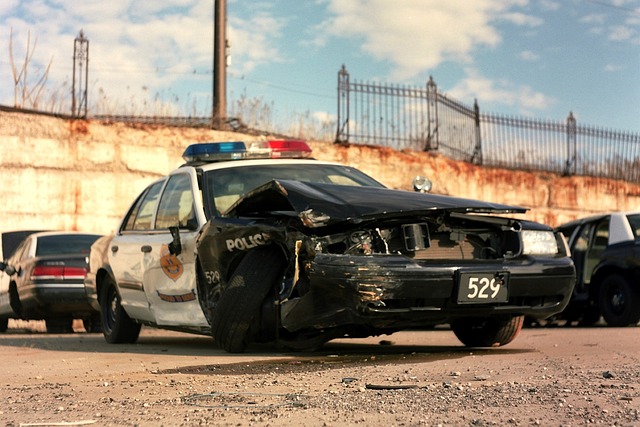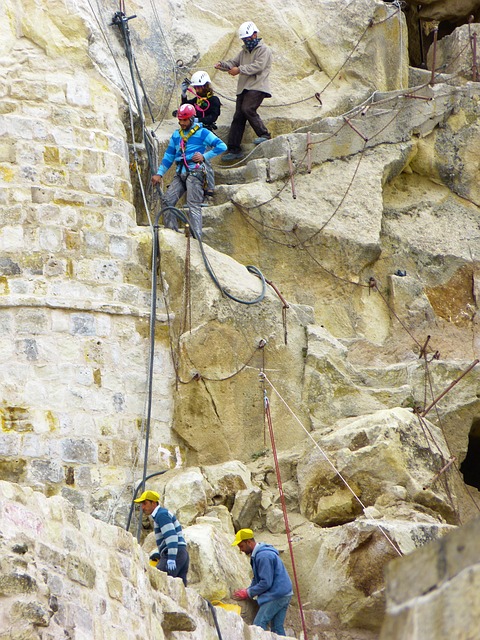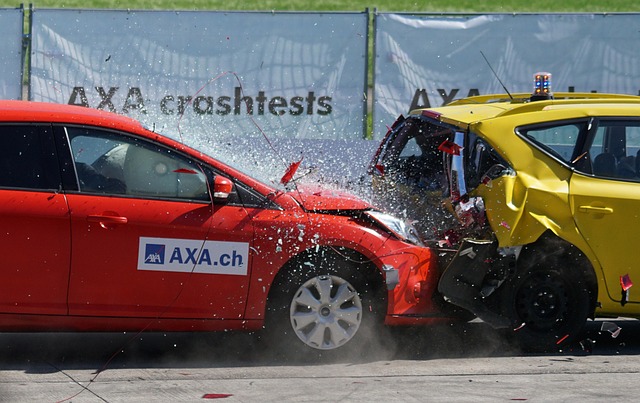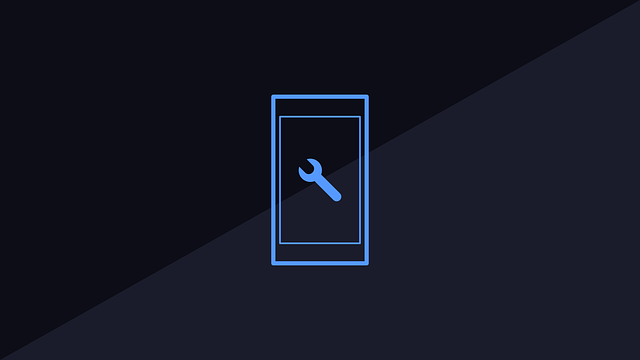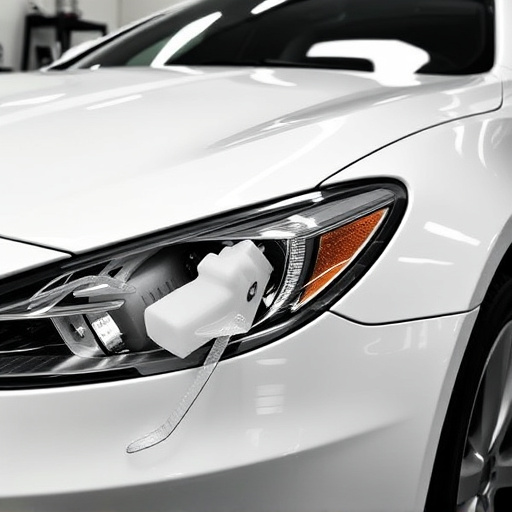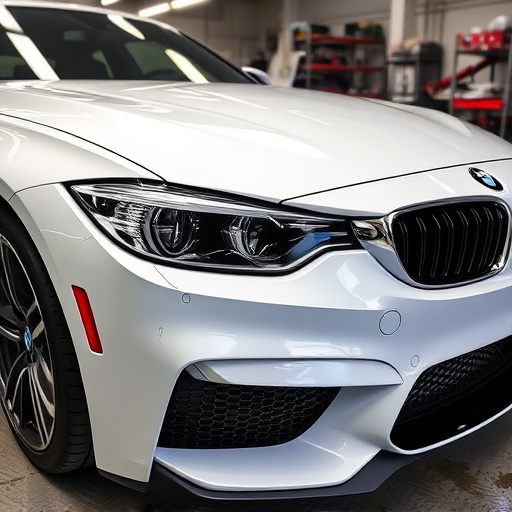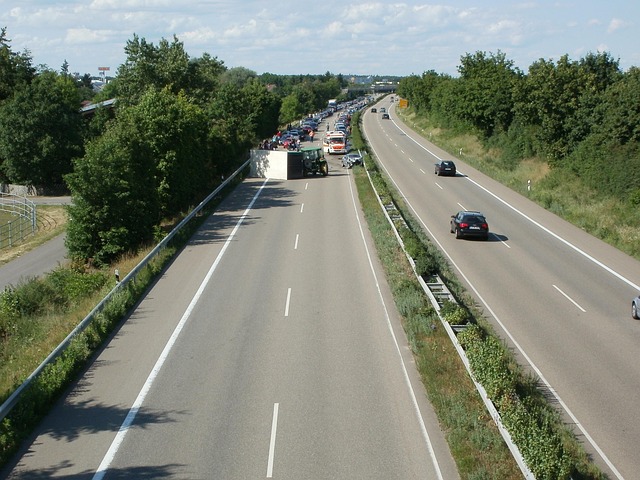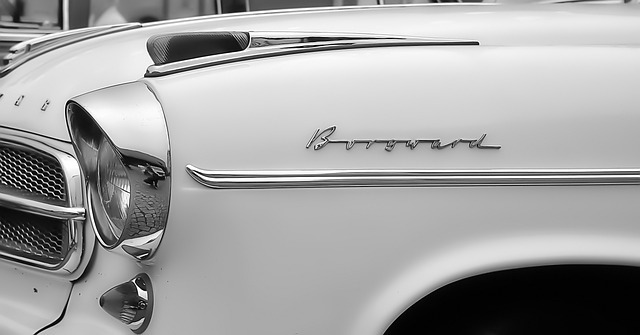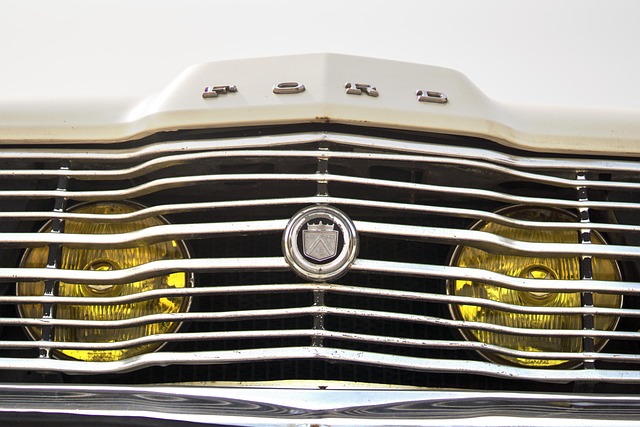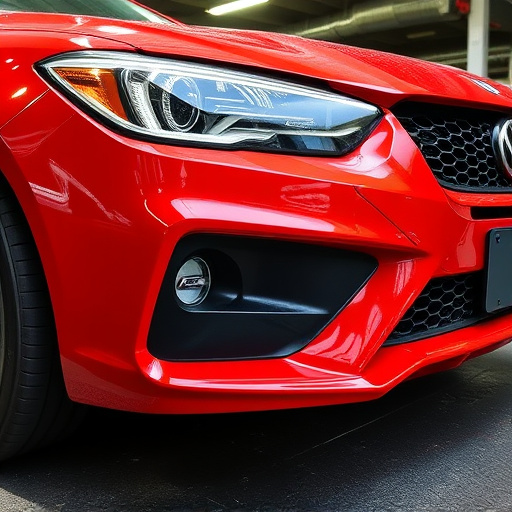Modern vehicles' safety sensors require safety sensor recalibration due to environmental impact over time, affecting accuracy and responsiveness. Regular recalibration is vital for maintaining optimal performance of safety systems like obstacle detection, lane monitoring, and emergency braking, enhancing overall vehicle safety and reliability. Auto body services specialize in this calibration, ensuring peak functionality after repairs, including dent removal and auto glass replacement.
Modern vehicles are equipped with intricate sensor suites, from radar and cameras to lidar and ultrasonics, enhancing safety features like autonomous driving and collision avoidance. However, these sensors can be affected by environmental changes such as temperature fluctuations, debris, and road conditions. To ensure optimal performance and safety, regular recalibration of safety sensors is crucial. This article explores why frequent recalibration is essential for maintaining the effectiveness of modern vehicles’ sophisticated sensor technology.
- Understanding Modern Vehicles' Complex Sensor Suites
- Impact of Environmental Changes on Sensors
- Regular Recalibration: Ensuring Optimal Performance and Safety
Understanding Modern Vehicles' Complex Sensor Suites
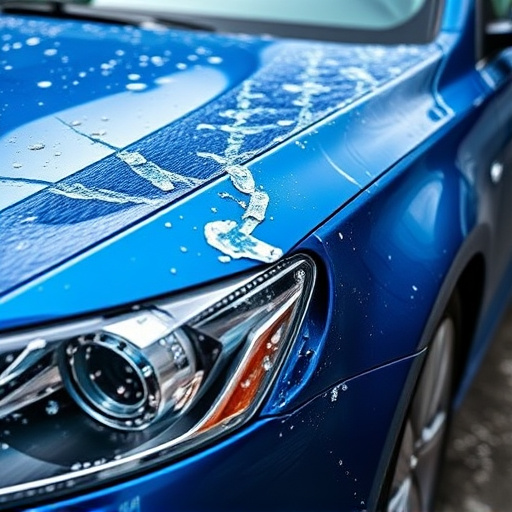
Modern vehicles are equipped with an intricate network of safety sensors designed to ensure optimal driving conditions and protect passengers. These sensor suites include a range of technologies such as cameras, lidar, radar, and ultrasonics, each playing a crucial role in advanced driver-assistance systems (ADAS) like lane departure warning, automatic emergency braking, and adaptive cruise control. The complexity of these systems demands regular attention to maintain their accuracy and reliability.
Safety sensor recalibration is a critical aspect of vehicle maintenance that often goes unnoticed by car owners. Over time, environmental factors, including changes in weather conditions, temperature variations, and even road surface imperfections, can impact the performance of these sensors. This is where auto body services come into play. Skilled technicians offer specialized services like dent removal and car body repair to realign and recalibrate sensors, ensuring they function at peak efficiency. Regular calibration checks and adjustments are essential to prevent potential safety risks associated with sensor malfunctions.
Impact of Environmental Changes on Sensors
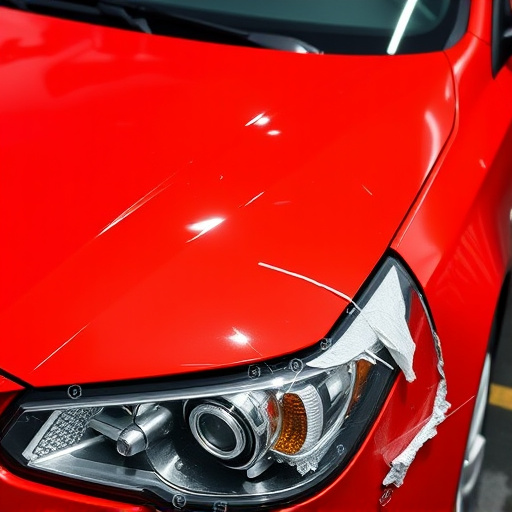
Modern vehicles are equipped with a myriad of safety sensors designed to ensure optimal performance and protect occupants. However, these sensors can be significantly impacted by environmental changes. Extreme temperatures, humidity, and dust can affect sensor accuracy and responsiveness, leading to potential safety hazards on the road. For instance, a sensor designed to detect obstacles during parking or lane-keeping might become less reliable over time due to exposure to varying weather conditions.
Regular safety sensor recalibration is crucial to maintain their effectiveness. Environmental factors, including fender repair or auto glass replacement, can disrupt sensor calibration, as these processes may introduce small imperfections or changes in the vehicle’s structure. Similarly, dent repair near sensors could potentially alter their readings. Therefore, periodic recalibration ensures that these critical safety systems function at peak performance, enhancing overall vehicle safety and reliability.
Regular Recalibration: Ensuring Optimal Performance and Safety
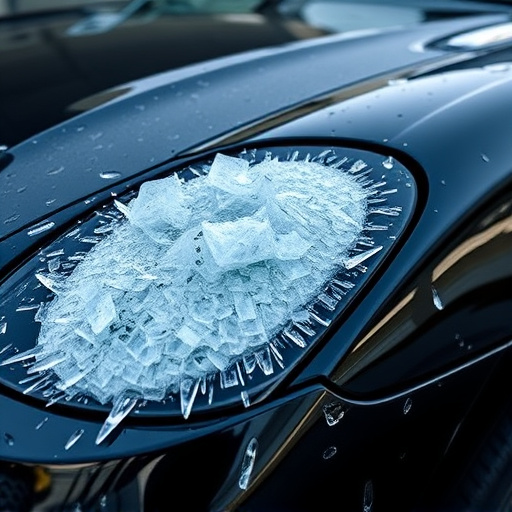
Modern vehicles rely heavily on advanced safety sensors to prevent accidents and protect passengers. However, these sensors require regular recalibration to ensure optimal performance and safety. Over time, environmental factors like dust, dirt, and weather conditions can impact the accuracy of these sensors, leading to reduced efficiency and potential risks on the road.
Regular safety sensor recalibration is crucial for maintaining the vehicle’s ability to detect obstacles, monitor lane departure, and apply emergency brakes effectively. For example, a Mercedes-Benz collision repair shop might perform detailed inspections and calibrations as part of their service offerings, ensuring that every component, from scratch or dent repairs to more intricate systems, functions flawlessly. This proactive approach not only enhances driving experience but also plays a vital role in saving lives.
Modern vehicles rely on intricate networks of sensors for advanced driver assistance systems (ADAS) and autonomous capabilities. These sensors must continuously adapt to varying environmental conditions, from weather changes to road surfaces. As a result, regular safety sensor recalibration is essential to maintain optimal performance and ensure the safety of both passengers and other road users. By calibrating these sensors regularly, vehicle manufacturers can guarantee that their systems remain accurate, responsive, and reliable in diverse real-world scenarios.
